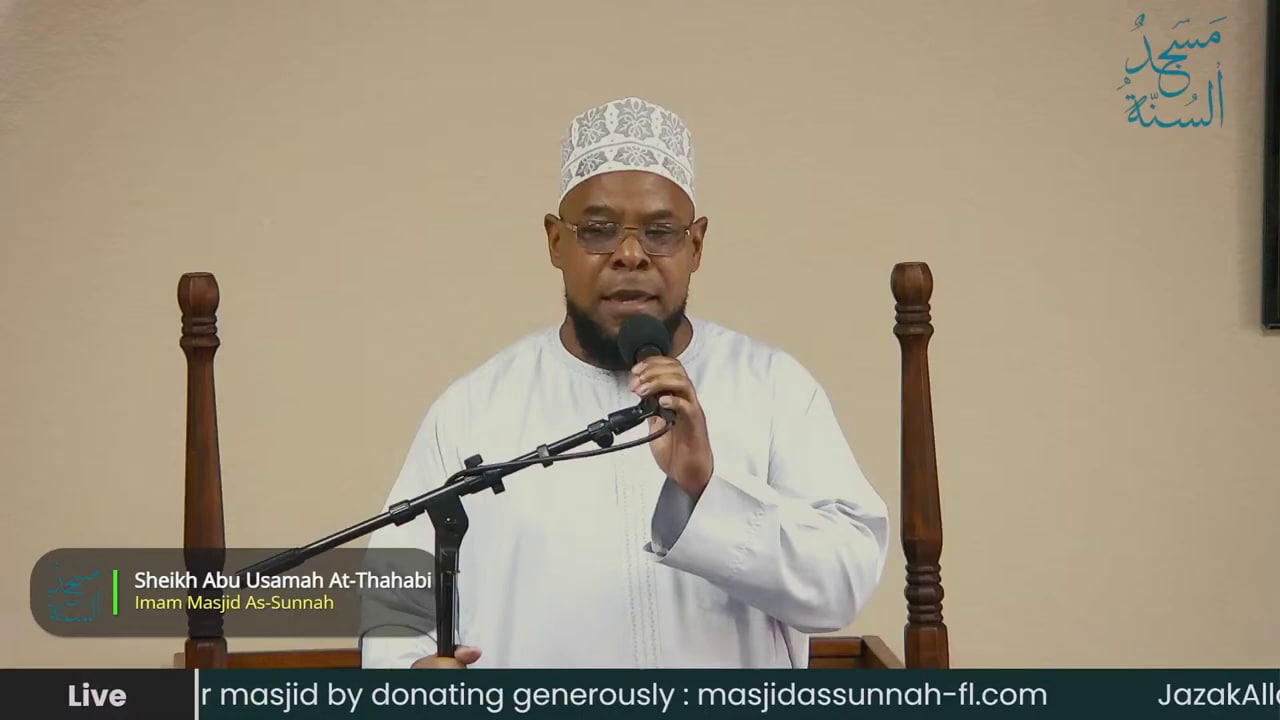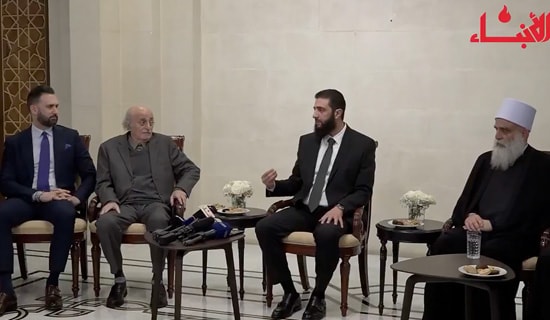
Following are excerpts from an interview with Saudi researchers discussing Iran's nuclear project, which was aired on Iqra TV on May 18, 2006:
Dr. Anwar Majed 'Ishqi, director of Middle East Center for Strategic Studies: If Iran obtains a nuclear bomb, many Arab countries will race to obtain nuclear weapons. I'm not saying Iran must not have nuclear weapons – not because of the Shiite-Sunni issue, but because this poses a danger for the entire region.
Interviewer: Let me ask you...
Dr. Anwar Majed 'Ishqi: As for Israel, we are all against Israeli nuclear weapons. The US was one of the first countries to object to Israel obtaining nuclear weapons.
Interviewer: That's strange.
Dr. Anwar Majed 'Ishqi: This is true. It's a fact. America even insisted that Israel would not have [this weapon].
Interviewer: But Israel has obtained it nonetheless.
Dr. Anwar Majed 'Ishqi: Israel has obtained it through France.
Dr. Wahid Hamza Hashem, Saudi university lecturer: By deception.
Dr. Anwar Majed 'Ishqi: It deceived them. Therefore, America is unhappy with nuclear bombs in Israeli hands. But when the Middle East peace process is over, nuclear disarmament must take place. For Israel itself, possessing nuclear weapons is like having a snake in the house. Tomorrow, it might be affected by it. A nuclear leak would cause it trouble. If both Israel and the Arab world use nuclear bombs - two nuclear bombs are enough to wipe out Israel. On the other hand, the Arab-Islamic world cannot be wiped out with Israel's 200 nuclear bombs. Israel does not want any mutual use of nuclear weapons in the future.
For Iran, nuclear weapons are a deterrent. That is why the US does not want it to have nuclear weapons – in order to avoid a nuclear race in the region. The world is in consensus that the Middle East must be a nuclear-weapon-free zone, because of the strategic location of this region, in terms of the world's oil reserves.
[...]
Interviewer: You are saying that a nuclear Iran is not that bad, as long as Israel possesses such weapons. Right?
Voice of Dr. Sadqa Fadhel, Saudi Shura Council member: Yes. From a religious, pan-Arab prospective, as well as in terms of our interests, the Iranian nuclear power will deter and restrain Israel's nuclear capabilities.
[...]
Dr. Wahid Hamza Hashem: I disagree with Abu Amjad, my dear friend and brother, on this issue. He said: "From a pan-Arab perspective"... From the Arab perspective he must not accept Iran having nuclear weapons, because this would mean Persian superiority over the Arabs. Secondly, he said that if Iran obtains nuclear weapons, there would be a balance of power with Israel. I do not agree, because Iran's goal is by no means to confront Israel, but rather to confront the Arab countries, and especially the Gulf countries.














